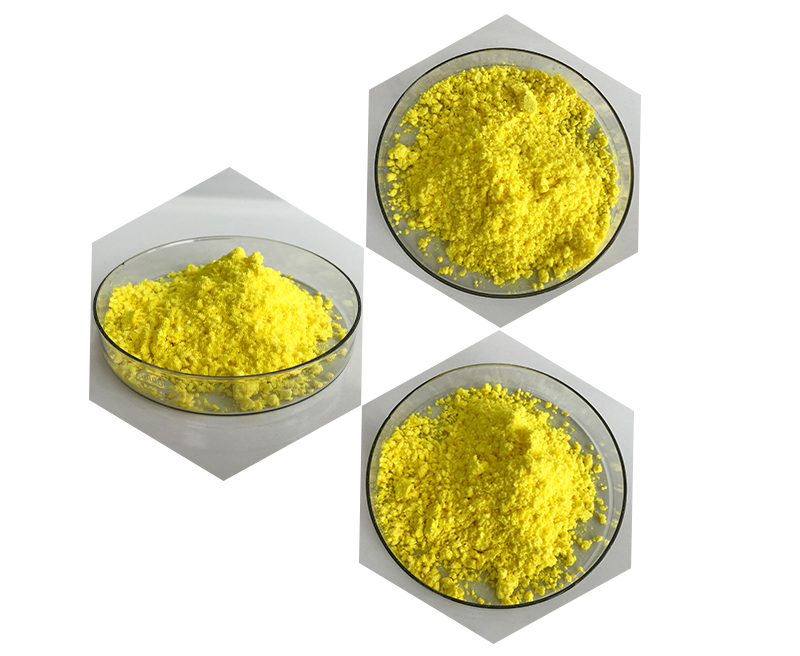Retinoic acid is a derivative of vitamin A and is involved in various biological processes, including cell growth, differentiation, and embryonic development. The basic ingredient of retinoic acid is all-trans retinoic acid (ATRA). Here are the basic components:
1.Vitamin A (Retinol): Retinoic acid is derived from vitamin A, which is a fat-soluble vitamin. Vitamin A is found in various food sources, including liver, fish, dairy products, and fortified foods.
2.Retinyl Palmitate or Retinyl Acetate: In the body, retinol can be esterified to form retinyl palmitate or retinyl acetate. These are storage forms of vitamin A, which can be converted to retinol and then further metabolized to retinoic acid as needed.
3.Retinal (Retinaldehyde): Retinol can be oxidized to form retinal, also known as retinaldehyde. This is an intermediate in the conversion of retinol to retinoic acid.
4.Retinoic Acid (All-trans Retinoic Acid – ATRA): Retinoic acid is the active form of vitamin A that regulates gene expression and is involved in cellular differentiation. ATRA is the specific isomer of retinoic acid that is biologically active.
It’s important to note that retinoic acid is commonly used in dermatology for its skin-renewing properties. In skincare products, derivatives of vitamin A, such as retinol and retinyl palmitate, are often used because they are more stable and less irritating than pure retinoic acid. These derivatives can be converted into retinoic acid by the skin cells. Always consult with a healthcare professional or dermatologist before using products containing retinoids, especially if you are pregnant or breastfeeding, as excessive vitamin A intake can be harmful in those situations.

Application of Retinoic Acid
Retinoic acid, a derivative of vitamin A, plays a crucial role in various biological processes and is widely used in medicine and skincare. Here are some key applications of retinoic acid:
1.Dermatology and Skincare:
Acne Treatment: Retinoic acid is commonly used to treat acne. It helps to unclog pores, reduce inflammation, and promote the shedding of dead skin cells, preventing the formation of acne lesions.
Anti-aging: Retinoic acid is known for its anti-aging properties. It stimulates collagen production, reduces the appearance of fine lines and wrinkles, and promotes skin renewal, leading to a smoother and more youthful complexion.
2.Psoriasis Treatment:
Retinoic acid derivatives are used in the treatment of psoriasis, a chronic skin condition characterized by red, scaly patches. It helps regulate skin cell growth and reduce inflammation associated with psoriasis.
3.Cancer Treatment:
Retinoic acid is used in the treatment of certain types of cancer, such as acute promyelocytic leukemia (APL). It induces differentiation of cancer cells, leading to their maturation and reduced proliferation.
4.Vision Health:
Retinoic acid is essential for maintaining vision. It is a component of rhodopsin, a pigment in the retina that is critical for low-light vision.
5.Developmental Biology:
During embryonic development, retinoic acid plays a crucial role in the formation of various organ systems, including the nervous system, heart, and limbs. It regulates gene expression and cellular differentiation.

6.Immune System Function:
Retinoic acid contributes to the proper functioning of the immune system. It plays a role in the development and maintenance of immune cells, such as T cells.
7.Neurological Disorders:
Some studies suggest that retinoic acid may have potential applications in the treatment of neurological disorders. It is involved in the development and maintenance of the nervous system.
8.Topical Treatments for Skin Conditions:
Topical formulations of retinoic acid are used to treat various skin conditions, including hyperpigmentation, sun damage, and rough skin texture.
It’s important to note that while retinoic acid has numerous beneficial effects, it can also cause skin irritation and sensitivity. It is recommended to use products containing retinoic acid under the guidance of a healthcare professional or dermatologist. Additionally, the use of retinoic acid in cancer treatment should be prescribed and monitored by healthcare professionals.
